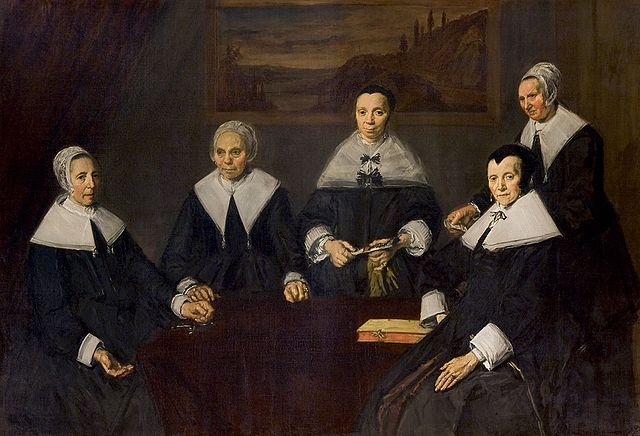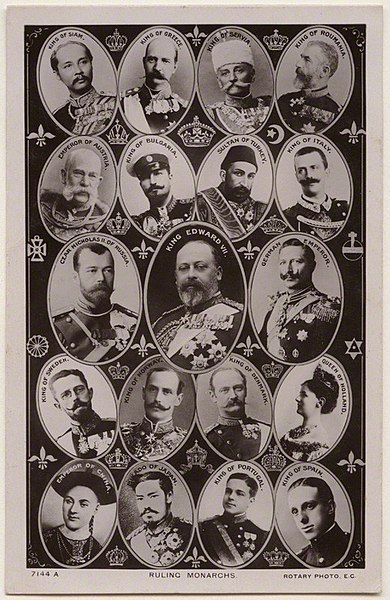In a monarchy, a regent is a person appointed to govern a state pro tempore because the actual monarch is a minor, absent, incapacitated or unable to discharge their powers and duties, or the throne is vacant and a new monarch has not yet been determined. One variation is in the Monarchy of Liechtenstein, where the competent Prince may choose to assign regency to their of-age heir, handing over the majority of their responsibilities to prepare the heir for succession. The rule of a regent or regents is called a regency. A regent or regency council may be formed ad hoc or in accordance with a constitutional rule. Regent is sometimes a formal title granted to a monarch's most trusted advisor or personal assistant. If the regent is holding the position due to their being in the line of succession, the compound term prince regent is often used; if the regent of a minor is their mother, and she is wife or widow of the king, she would be referred to as queen regent.

Regentesses of the Old Men's Almshouse in Haarlem, Frans Hals, 1664
The oath of the provisional triumviral regents of the Empire of Brazil in the country's Imperial Chapel in 1831, at the beginning of the Regency period.
A monarchy is a form of government in which a person, the monarch, is head of state for life or until abdication. The political legitimacy and authority of the monarch may vary from restricted and largely symbolic, to fully autocratic, and can span across executive, legislative, and judicial domains.
The Weld-Blundell Prism, inscribed with the Sumerian King List
King George III of the United Kingdom, portrait by Allan Ramsay, 1762
King Salman of Saudi Arabia is an absolute monarch.
Postcard of ruling monarchs, taken in 1908, between February (accession of King Manuel II of Portugal) and November (death of the Guangxu Emperor)






